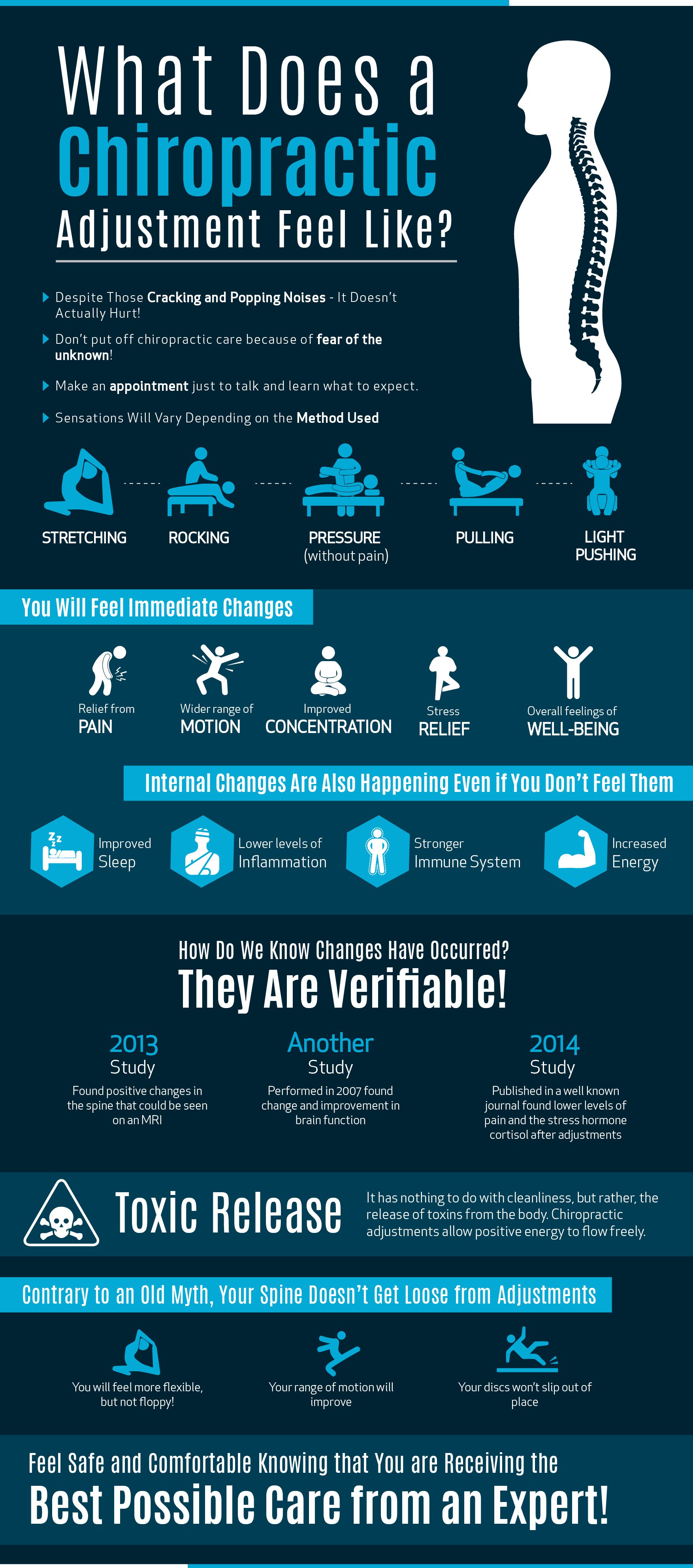The Role Of Nutrition In Back Pain Monitoring: Foods To Eat And Prevent
The Role Of Nutrition In Back Pain Monitoring: Foods To Eat And Prevent
Blog Article
Authored By-Locklear Jordan
When it concerns handling your neck and back pain, the food options you make can dramatically impact how you really feel every day. Envision having the ability to alleviate your pain merely by adjusting what you consume. By comprehending the role of nourishment in pain in the back management and recognizing which foods to include or avoid, you can take positive actions in the direction of a healthier and more comfortable lifestyle. Click At this website between nourishment and back wellness is much more extensive than you might recognize-- let's check out just how particular foods can either soothe or intensify your back pain.
Importance of Nourishment in Neck And Back Pain
Nutrition plays an important duty in taking care of neck and back pain. Your diet can dramatically influence inflammation degrees and overall pain levels in your back. Taking in a well balanced diet regimen abundant in nutrients like vitamins D and K, calcium, magnesium, and omega-3 fats can help in reducing swelling and reinforce bones, which are important for back health and wellness.
Additionally, preserving a healthy weight via appropriate nutrition can relieve tension on your spinal column, decreasing the danger of neck and back pain.
Moreover, specific nutrients like antioxidants discovered in fruits and vegetables can help fight oxidative tension and promote recovery in the body, consisting of the back muscles and spine.
On the other hand, taking in too much quantities of processed foods, sugary beverages, and harmful fats can contribute to swelling and weight gain, intensifying neck and back pain.
Foods to Eat for Back Health
To support a healthy and balanced back, including nutrient-rich foods into your day-to-day meals is essential. Consisting of foods high in anti-oxidants like berries, spinach, and kale can help in reducing inflammation in your back, alleviating discomfort and discomfort. Omega-3 fats discovered in fatty fish such as salmon and mackerel have anti-inflammatory homes that can benefit your back wellness.
Furthermore, eating additional reading and seeds like almonds, walnuts, and chia seeds provides crucial nutrients like magnesium and vitamin E, which support muscular tissue function and reduce oxidative anxiety. Integrating lean proteins such as chicken, turkey, and tofu can help in muscular tissue repair and maintenance, promoting a strong back.
Do not neglect to include dairy or fortified plant-based choices for calcium to support bone health. Lastly, hydrate with plenty of water to maintain your spinal discs moisturized and functioning optimally. By including these nutrient-dense foods in your diet regimen, you can nourish your back and support overall spinal wellness.
Foods to Prevent for Neck And Back Pain
Select preventing processed foods high in sugarcoated and trans fats when looking for relief from pain in the back. These sorts of foods can contribute to inflammation in the body, which might worsen neck and back pain. Say no to sweet treats sweet, breads, and sugary beverages, as well as convenience food products like hamburgers, fries, and fried hen that are commonly packed with trans fats.
Furthermore, steer clear of foods including high levels of refined carbohydrates, such as white bread, pasta, and pastries, as they can increase blood sugar degrees and potentially intensify inflammation in the body.
It's also smart to restrict your intake of foods high in saturated fats, like red meat and full-fat dairy products, as they can contribute to swelling. Processed foods like delicatessens meats, chips, and packaged snacks are typically high in saturated fats and must be consumed in moderation.
Conclusion
Finally, focusing on your diet plan and making wise food options can have a substantial effect on handling neck and back pain. By including nutrient-rich foods like berries, fatty fish, nuts, and lean healthy proteins, and staying clear of processed and sugary things, you can help in reducing swelling and support generally back wellness. Bear in mind, what you eat plays an important function in just how you feel, so ensure to prioritize your nutrition for a healthier back.
